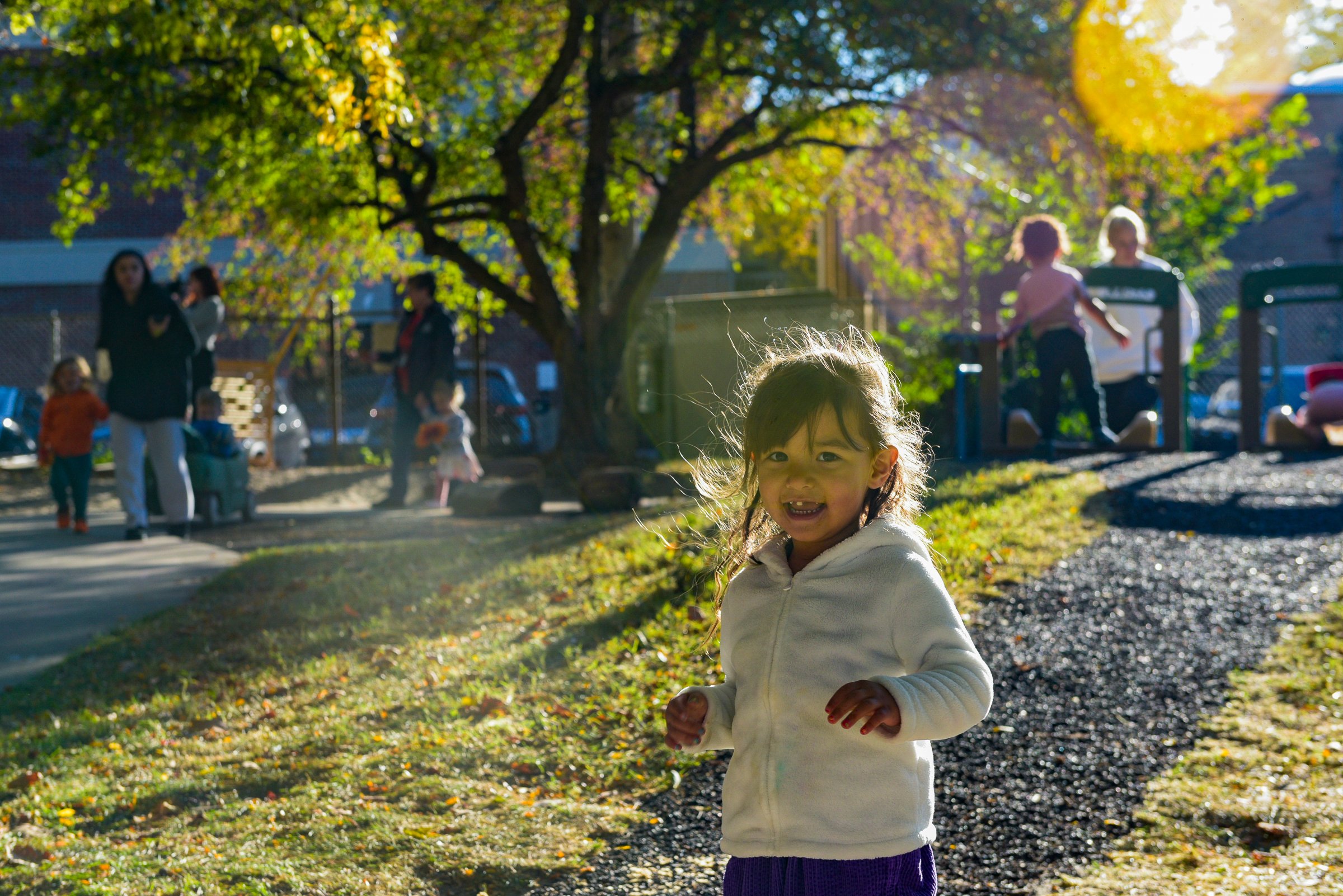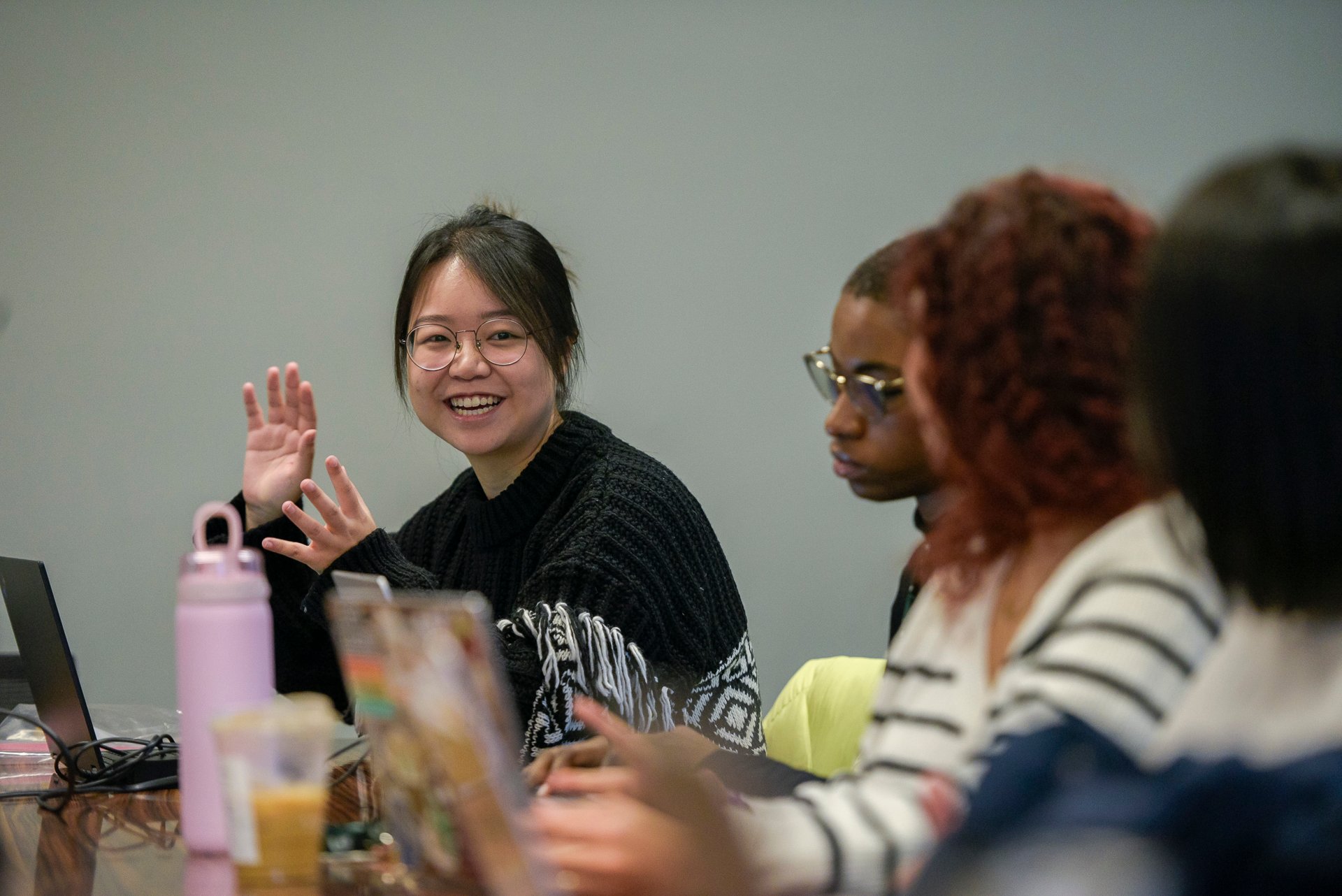HDFS provides cutting-edge graduate education in an inclusive, supportive, and interdisciplinary environment. The expertise of our award-winning faculty spans the areas of child development, couple and family therapy, and diversity, youth, and family development. Faculty and students generate new knowledge that plays a meaningful role in the lives of children, adolescents, families, and marginalized communities. Graduates are prepared for academic and professional positions and are in high demand following graduation.
We offer both research (Plan A) and professional (Plan B) master’s degrees, including an M.S. in Child Development, research or professional focus and M.S. in Human Development and Family Studies, research or professional focus. Research degrees are designed for students interested in pursuing a Ph.D., and professional degrees are for students who plan to seek a professional position following the completion of their degree.

